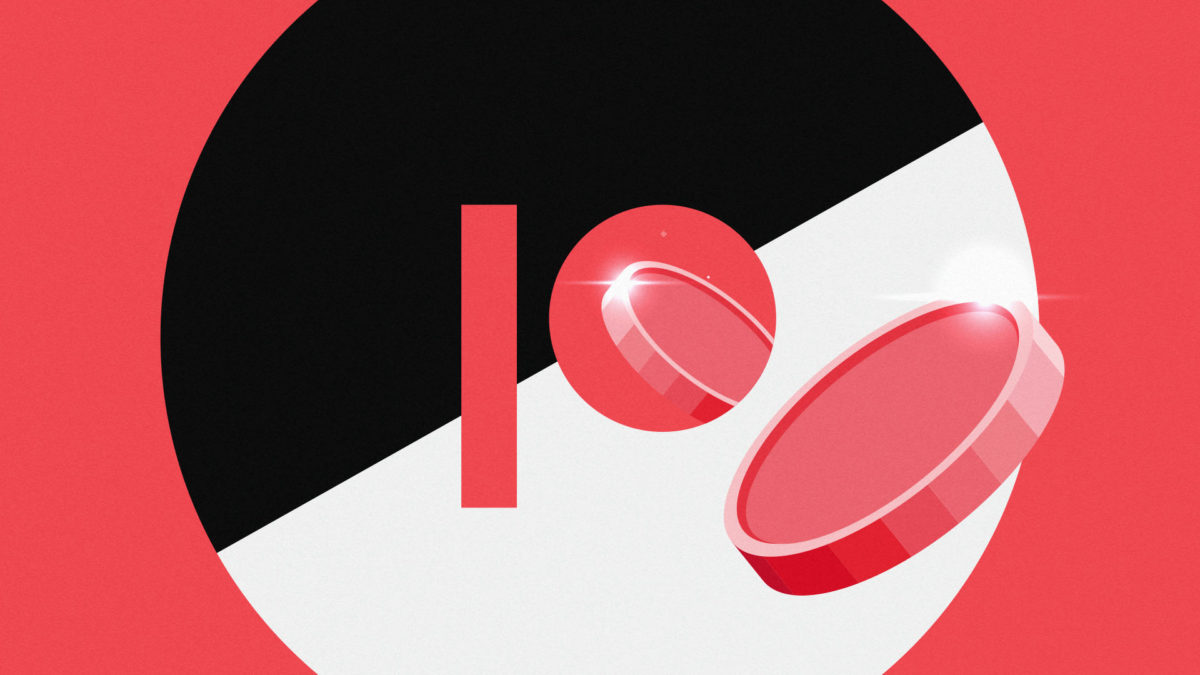Patreon wants creators to shill their own crypto tokens — because why not

Membership platform Patreon is mulling whether to allow its artists to sell their own crypto tokens to fans.
Patreon’s legal policy currently prohibits content creators from shilling crypto through its platform (with good reason). But now, it seems to be swaying from that hardline stance.
Speaking at a recent conference, Patreon’s policy chief Laurent Crenshaw said (via TechCrunch, our emphasis):
“We’ve heard from a number of creators who have been interested in the opportunity to offer exclusive memberships and benefits to their patrons through a coin or token, a digital item that they can hold onto that shows that they are part of your fan club.”
“And so we thought that at the very least, we could explore the opportunity of making that type of offering allowable under our guidelines,” added Crenshaw.
Many artists have already issued creator tokens on non-Patreon platforms, including Enes Batur, Morgz, Orkun Işıtmak, Wax Motif, and El Churches. It’s likely Patreon wants a cut of that revenue.
But Patreon must compete with existing social and creator token platforms like Rally (RLY), XCAD (XCAD), and even the floundering BitClout (DESO) — which allow anyone to sell their own cryptocurrencies.
Many creator tokens issued on these platforms resemble securities and contain code like bonding curves or price predictions that might form an investment contract between the artist and their fans.
The San Francisco-headquartered Patreon was valued over $4 billion as of its fundraise in April, and hosts 200,000 artists on its platform.
It’s worth noting that Patreon allows pornography on its platform. Adult content creators have historically been marginalized by traditional payments ecosystems like PayPal.
Patreon enabling them to raise funds via crypto tokens would be a big deal for the industry.
Patreon eyes social crypto bandwagon
Ethereum has popularized the idea that anyone can launch a token to monetize their personalities.
In an interview with The Delphi Podcast earlier this year, Seed Club’s Jess Sloss and Audius’ Cooper Turley referred to community tokens as a natural outgrowth of social tokens.
“I think how you can distinguish is that, for social tokens, the primary use cases are social in nature,” said Turley.
He noted that tokens can be more focused on individuals than governance tokens, which often relate to technical aspects of DeFi applications (and double as pseudo-equity in those protocols).
People could use community tokens to join a Discord or Telegram community to get discounts on products, for example.
Messari’s Mason Nystrom also recognized the potential of social tokens and the community economy in a number of articles.
Nystrom placed community tokens, personal tokens, and platform tokens as subcategories under a top-level of social tokens.
Turley expanded on that idea by mentioning that personal tokens can evolve into community tokens over time.
Raoul Pal ready to sell RealVision token
Raoul Pal, co-founder of the long-form financial interview video channel RealVision, confirmed in an interview in July that RealVision will be minting a community token.
Approximately 25 minutes into that video, Pal was already pumping his yet-to-be-minted token, claiming that its market capitalization could exceed RealVision’s nine-figure equity value.
He referred to the upcoming token as a “layer of value which is shared between RealVision and the token holders that didn’t exist before. That’s an entirely new layer of value.”
“And it may be worth more than the equity of RealVision at some point, depending on what value the community has.”
But what exactly is Pal’s need for another token that cannot be accomplished using an existing cryptocurrency like Bitcoin?
RealVision currently charges fees to access most of its video library. These fees prompted at least one Twitter user in April to float the idea of using a token to unlock single RealVision episodes, something that Pal denied that he planned to do at the time.
Read more: [BitClout’s creator didn’t raise $200M for a ‘new’ blockchain — it’s the same old shit]
While still considering the community token, Pal said he was primarily interested in the “community value ecosystem” rather than purely raising money for RealVision.
“You have to build real, meaningful community value for it to have true value,” Pal piously explained to VaynerMedia guru Gary Vaynerchuk in August.
Pal then told Business Insider his audience had contacted him about the possibility of using a token to join a network of expert investors.
Although no token is needed for any of his proposed use cases, Pal, along with many other content creators across the internet, will probably mint one anyway.
Looking for bite-sized news? We’re on Twitter.
